You’ve been taught to fear these foods, but they’re not the enemy.

Food guilt runs deep, and most of us don’t even realize how heavy it’s become. Every snack feels like a test. Every meal feels like a moral decision. It’s exhausting. Somewhere along the way, certain foods got slapped with a big red warning label, even though they never deserved the hate. The rules get drilled in early—avoid carbs, skip sugar, fear fat—and before you know it, food becomes a battlefield instead of something that nourishes you.
But here’s the thing: most of these “bad” foods aren’t the villains they’ve been made out to be. A lot of them are actually fine, even good for you, in ways the fearmongering skips over entirely. This list isn’t about ignoring health—it’s about dropping the unnecessary shame and remembering that food is meant to fuel you, not punish you.
1. Bread deserves a place on your plate without the side of guilt.

Bread’s been demonized for years, written off as a carb-loaded trap that ruins diets overnight. But the reality is much less dramatic. According to Kerri-Ann Jennings writing for Healthline, whole grain breads provide fiber, B vitamins, and essential nutrients that support digestion and overall health. Even white bread isn’t the disaster it’s made out to be when eaten as part of a balanced meal.
The bigger issue is the anxiety we’ve built around it. Dodging bread out of fear doesn’t just shrink your menu—it adds unnecessary stress to every bite. Bread has been a staple in cultures worldwide for thousands of years, fueling bodies and communities alike. Turning it into an enemy only robs you of a versatile, comforting food that can fit easily into a healthy diet. There’s no need to treat it like a cheat; bread belongs at the table.
2. Potatoes aren’t the empty carbs diet culture wants you to believe.
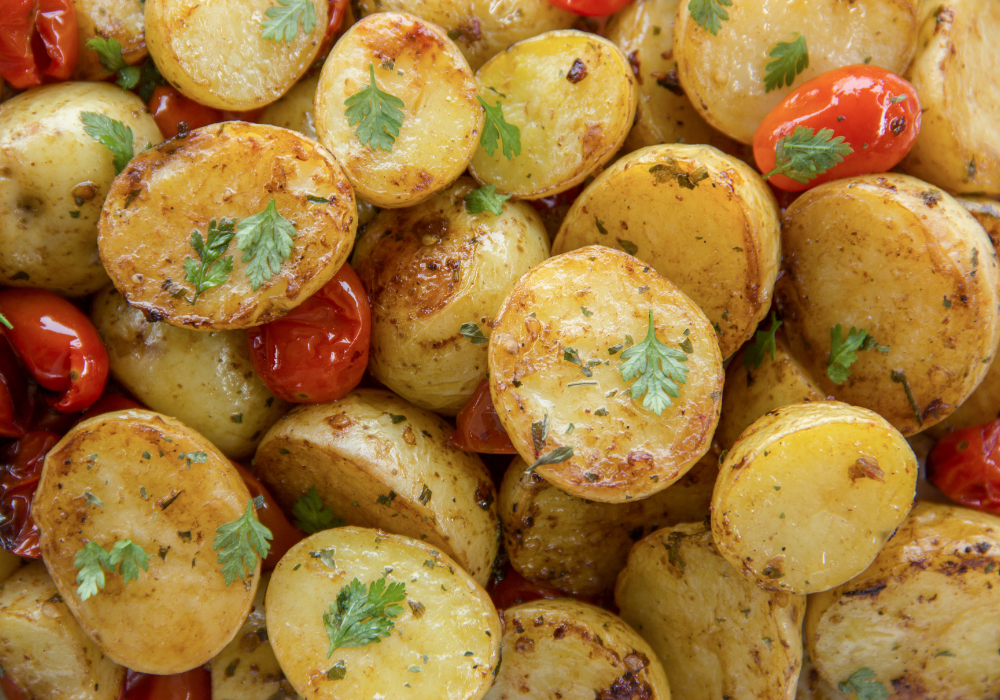
Poor potatoes have been unfairly dragged through the mud, lumped in with processed junk foods and blamed for sugar spikes and weight gain. UC Davis Health highlights that potatoes are a great source of potassium, vitamin C, and fiber, especially when you eat them with the skin on.
The real issue isn’t the potato itself, but how it’s prepared. Pile on the butter, deep-fry it, or smother it in processed toppings, and you’ll lose out on its natural benefits. But roasted or baked, potatoes deliver slow-digesting energy and satisfying fullness that helps balance your meals. Fear of potatoes often comes from outdated diet advice that flattens foods into “good” or “bad.” It’s time to stop letting spuds take the blame. Prepared well, they’re a nourishing, comforting part of any plate.
3. Pasta isn’t a guilty pleasure—it’s a reliable source of energy.
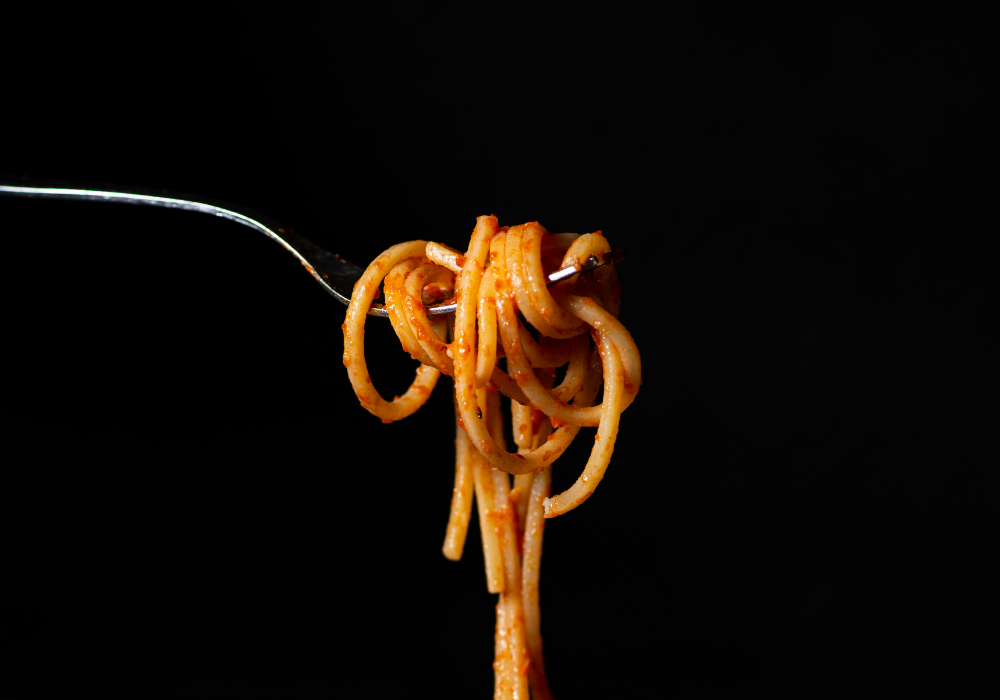
Pasta has long been cast as a dietary disaster, blamed for everything from bloating to weight gain. But pasta alone isn’t the problem. It’s a blank canvas, and what you put on your plate matters far more.
Paired with veggies, healthy fats, and protein, pasta becomes part of a balanced, satisfying meal that actually supports your energy levels. Danielle Zickl explains in Bicycling that whole-wheat pasta delivers fiber and B vitamins, supporting digestion and helping to keep your blood sugar steady.
Swearing off pasta entirely doesn’t make your meals healthier—it just creates frustration and cravings that build up over time. A healthy relationship with food means enjoying variety without fear. Pasta isn’t a guilty indulgence waiting to derail your health goals. It’s a time-tested staple that deserves a spot in your routine.
4. Chocolate has health benefits—and no, you don’t have to earn it.
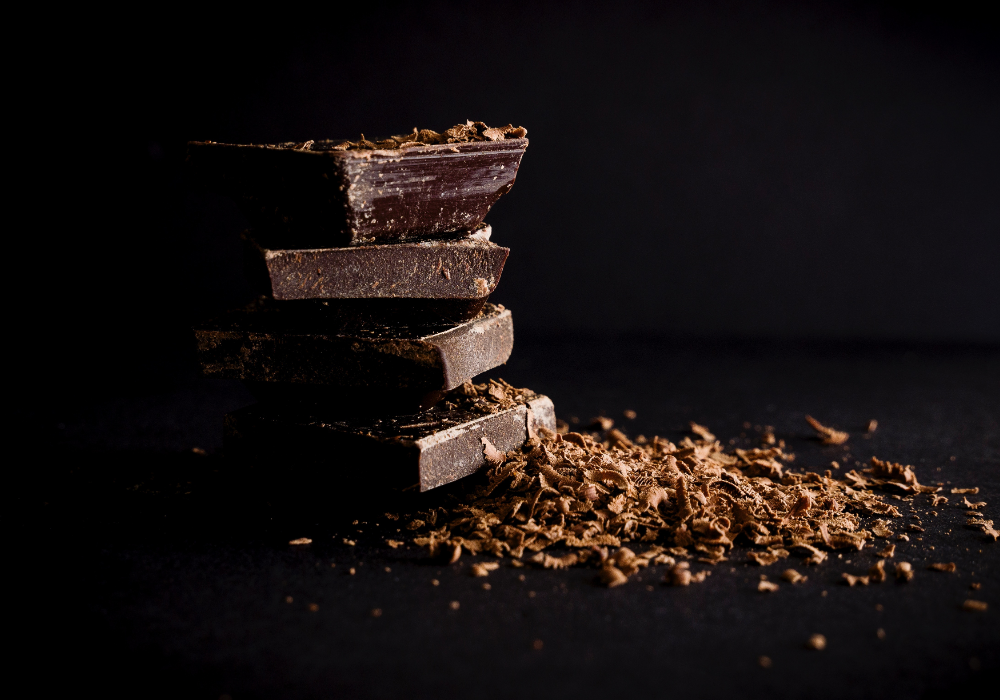
Chocolate carries a reputation for being the ultimate guilty treat, but cocoa itself is packed with antioxidants that support heart health and reduce inflammation. Dark chocolate, in particular, contains flavonoids that can improve circulation and even boost your mood.
The real harm isn’t the chocolate—it’s the shame surrounding it. Depriving yourself completely only intensifies cravings and reinforces a cycle of guilt. Enjoying a few squares of quality chocolate can satisfy both your taste buds and your body’s need for small pleasures. Chocolate is not a moral failure on a plate. When you let go of the fear, it becomes just what it’s meant to be: a treat, not a threat.
5. Dairy isn’t destroying your health like the fearmongers claim.

Dairy has been stuck in the crossfire of health debates for years, with people warned off milk, cheese, and yogurt for fear of weight gain or inflammation. But for most people, dairy is a solid source of calcium, vitamin D, protein, and probiotics that support gut health.
Unless you have a medical reason to avoid it, there’s no need to write off dairy altogether. Low-fat and full-fat options both have their place, and fermented varieties like yogurt and kefir bring extra digestive benefits. Blanket fear of dairy stems from oversimplified nutrition advice that paints entire food groups as harmful. In reality, dairy can fit comfortably into a balanced diet, offering nourishment and satisfaction without the anxiety.
6. White rice has been misunderstood—it’s not an empty calorie culprit.
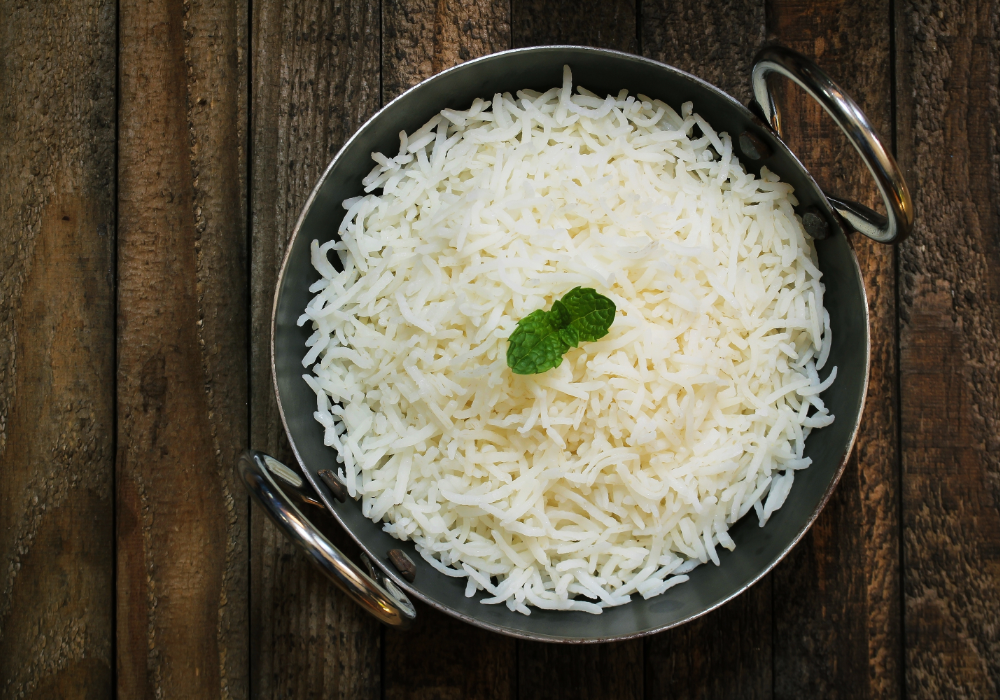
White rice often gets a bad rap as a nutrient-poor carb, especially in the era of trendy grain substitutes. But it’s been a cornerstone of diets worldwide for good reason. White rice provides quick, digestible energy and contains key nutrients like folate and manganese. It’s also easy on the digestive system, making it a smart option for people with sensitive stomachs.
While brown rice offers more fiber, white rice isn’t the nutritional villain it’s made out to be. Demonizing it only fuels unnecessary stress around food choices. Balance matters far more than banishment. White rice can absolutely be part of a healthy, satisfying meal, especially when combined with protein and vegetables. Skip the fear and enjoy it for what it is: a simple, versatile grain that nourishes billions.
7. Eggs were never the cholesterol threat they were made out to be.

For years, eggs got pinned as a health hazard, mostly because of fears around cholesterol. But updated research has shown that dietary cholesterol doesn’t impact heart health the way we were told. Eggs are actually a nutrient powerhouse, offering high-quality protein, healthy fats, choline for brain health, and vitamin D to support bones and immunity.
Beyond their nutrition, they’re versatile and affordable, which makes them a smart staple in any kitchen. Scrambled, poached, or hard-boiled, eggs keep you full and energized long after breakfast.
Demonizing them based on outdated science strips away a genuinely nourishing food that fits easily into daily life. Unless you have a specific health concern, there’s no need to avoid eggs. They’ve carried an unfair burden for too long, and it’s time to welcome them back to your plate without second-guessing.
8. Peanut butter delivers way more than empty calories.
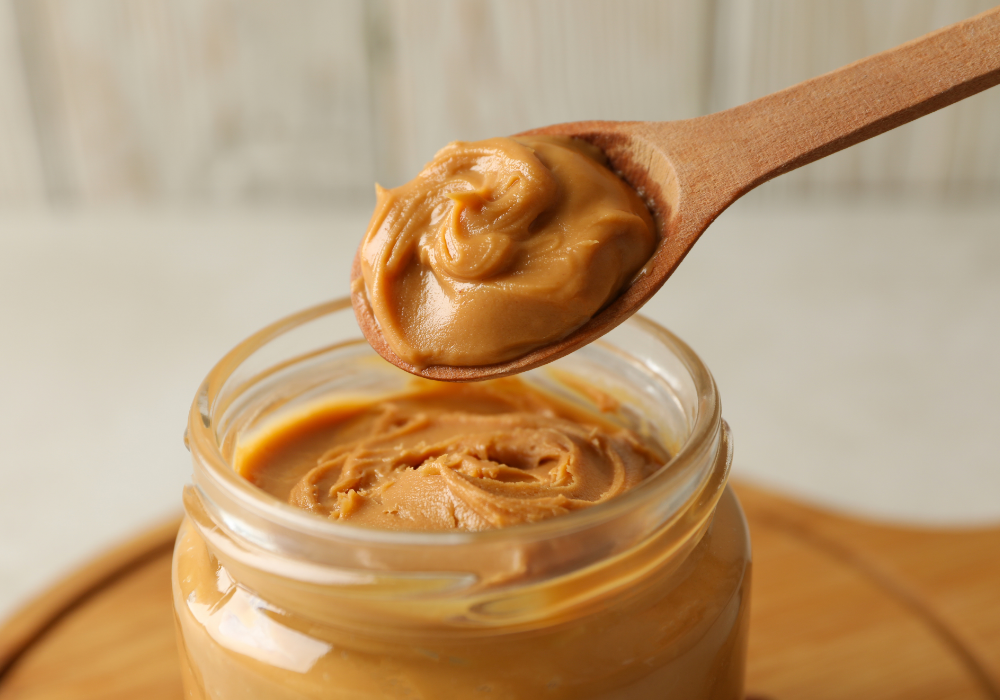
Peanut butter has a reputation for being a guilty pleasure, mostly because of its fat content. But that fat is largely heart-healthy, and it comes with a bonus: protein, fiber, magnesium, and vitamin E, all wrapped up in a satisfyingly rich spread. When eaten in reasonable amounts, peanut butter keeps you full longer and helps stabilize blood sugar.
It’s also a great pairing with whole grains, fruit, or even veggies like celery, making it an easy way to add both flavor and nutrition to snacks and meals. The problem isn’t peanut butter itself—it’s the fear attached to it by diet culture. Completely cutting it out just leads to unnecessary restriction and cravings. Peanut butter is a smart, flexible pantry staple that deserves to be enjoyed for what it is: a nutrient-packed, satisfying food, not a guilty indulgence.
9. Frozen vegetables keep more nutrients than you think.

Frozen vegetables often get brushed off as second-rate, but that’s far from the truth. They’re typically flash-frozen right after harvesting, which preserves their nutrients at peak levels. In contrast, fresh produce can lose vitamins during transport and storage, especially if it sits in your fridge for days.
Frozen veggies are also affordable, long-lasting, and a huge time-saver, helping you build balanced meals even when your schedule is packed. They reduce food waste and make it easier to enjoy variety without worrying about spoilage. Choosing frozen doesn’t mean you’re compromising on health—it means you’re making a practical, nutritious choice. Instead of stressing over buying fresh every time, embrace the convenience and nutrition frozen vegetables offer. They’re an underrated ally in keeping your meals colorful, nourishing, and easy to prepare.
10. Popcorn satisfies cravings while sneaking in fiber.
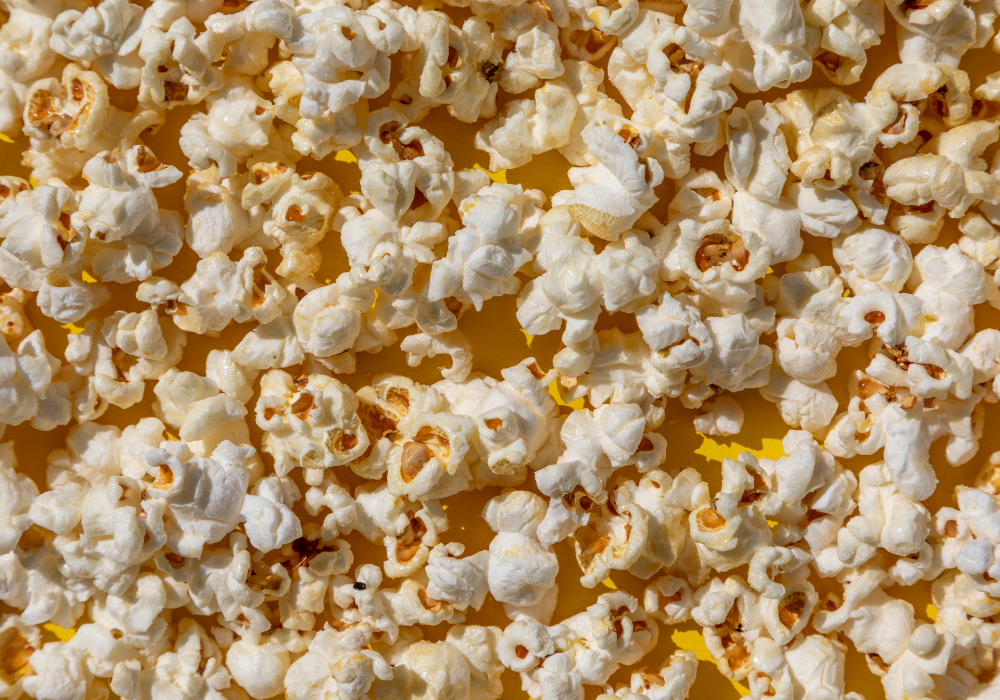
Popcorn usually gets lumped in with movie theater junk food, but strip away the extra butter and salt, and you’ve got a surprisingly healthy snack. Plain, air-popped popcorn is a whole grain rich in fiber, which helps keep you full and supports healthy digestion.
Plus, it satisfies that craving for something crunchy without loading up on empty calories. Popcorn is also incredibly affordable and easy to make at home, giving you full control over toppings and seasonings. Instead of fearing it, think of it as a smarter snack swap when cravings hit. When you skip the heavy-handed movie theater add-ons, popcorn delivers flavor and crunch without guilt. It’s proof that snacks don’t have to be off-limits—they just need a little balance. Popcorn deserves a spot in your snack rotation, no apologies necessary.
11. Bananas are natural energy, not sugar bombs.

Bananas have taken heat for their natural sugars, especially from low-carb diet circles. But focusing only on sugar ignores everything else they offer: fiber for digestion, potassium for heart health, vitamin B6 for energy metabolism, and antioxidants for overall wellbeing. Their fiber content slows sugar absorption, helping prevent blood sugar spikes and crashes.
Bananas are also incredibly convenient. Portable, affordable, and ready to eat, they’re one of the easiest ways to fuel your body throughout the day. Demonizing bananas over their sugar content misses the bigger picture. In a balanced diet, they’re a reliable, nutrient-dense snack that satisfies both hunger and energy needs. Rather than fearing them, embrace bananas for what they are—a natural, wholesome food that keeps you going.
12. Canned beans make healthy meals easier, not worse.
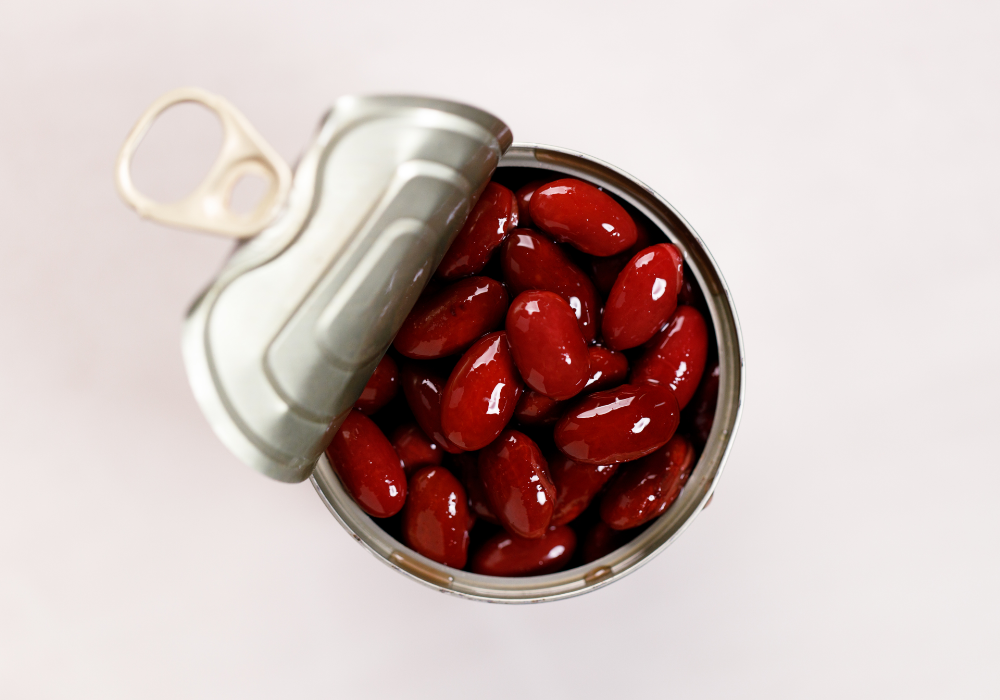
Canned beans often get dismissed as a lesser option, but they’re an absolute powerhouse of nutrition and convenience. Packed with plant-based protein, fiber, iron, and folate, they support heart health, digestion, and sustained energy. The sodium content is manageable too—just give them a quick rinse to cut it nearly in half.
Having canned beans on hand makes it easy to whip up hearty soups, stews, salads, or grain bowls without the hassle of soaking and cooking from scratch. They’re affordable, shelf-stable, and reduce kitchen stress on busy days.
Skipping them out of fear of preservatives or sodium misses the point entirely. Canned beans make healthy, satisfying meals faster and more accessible, helping you eat well even when time is short. They’re not a shortcut to feel guilty about—they’re a smart choice that works for real life.
13. Full-fat yogurt delivers lasting satisfaction and real nutrition.
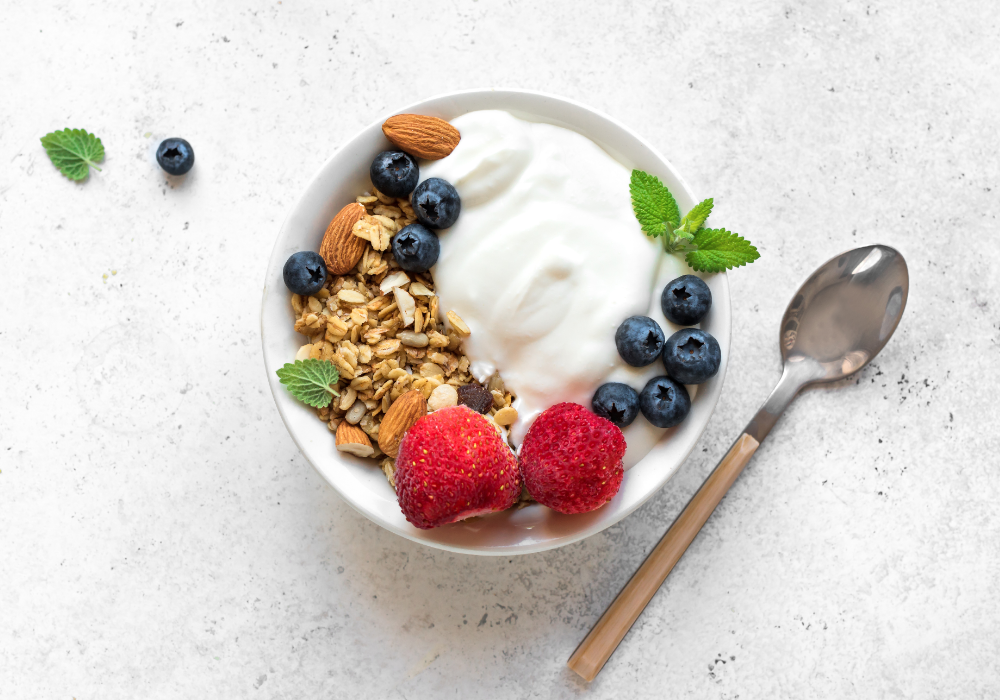
For years, full-fat yogurt was overshadowed by low-fat versions, pushed by diet culture as the healthier pick. But full-fat yogurt actually helps you stay fuller for longer, thanks to its balance of fat and protein. It also supports better absorption of fat-soluble vitamins like A and D, and provides probiotics that nurture gut health.
The creamier texture and richer taste also make it more satisfying, reducing the urge to reach for extra snacks. Plus, full-fat varieties often have fewer added sugars and thickeners compared to heavily processed low-fat versions. Choosing full-fat yogurt isn’t about indulgence—it’s about balance and nourishment. It’s time to rethink the fear surrounding dietary fat and embrace yogurt for what it truly offers: a delicious, nutrient-dense staple that supports your health.
14. Coffee can support your health when enjoyed in balance.

Coffee has long been blamed for everything from insomnia to heart issues, but newer research tells a better story. In moderation, coffee delivers antioxidants and anti-inflammatory compounds that may reduce the risk of chronic diseases like Parkinson’s, type 2 diabetes, and certain cancers. Plus, it provides a reliable mental boost, improving focus and alertness.
The trouble usually comes from sugar-laden coffee shop drinks, not the coffee itself. Enjoyed mindfully—without excess cream and sweeteners—coffee can fit comfortably into a healthy routine. It’s a daily ritual that supports energy and can even offer protective health benefits. Rather than seeing it as a vice, think of coffee as a balanced part of your lifestyle. The fear surrounding it has overshadowed its positives for too long. It’s time to enjoy your morning cup without second-guessing.